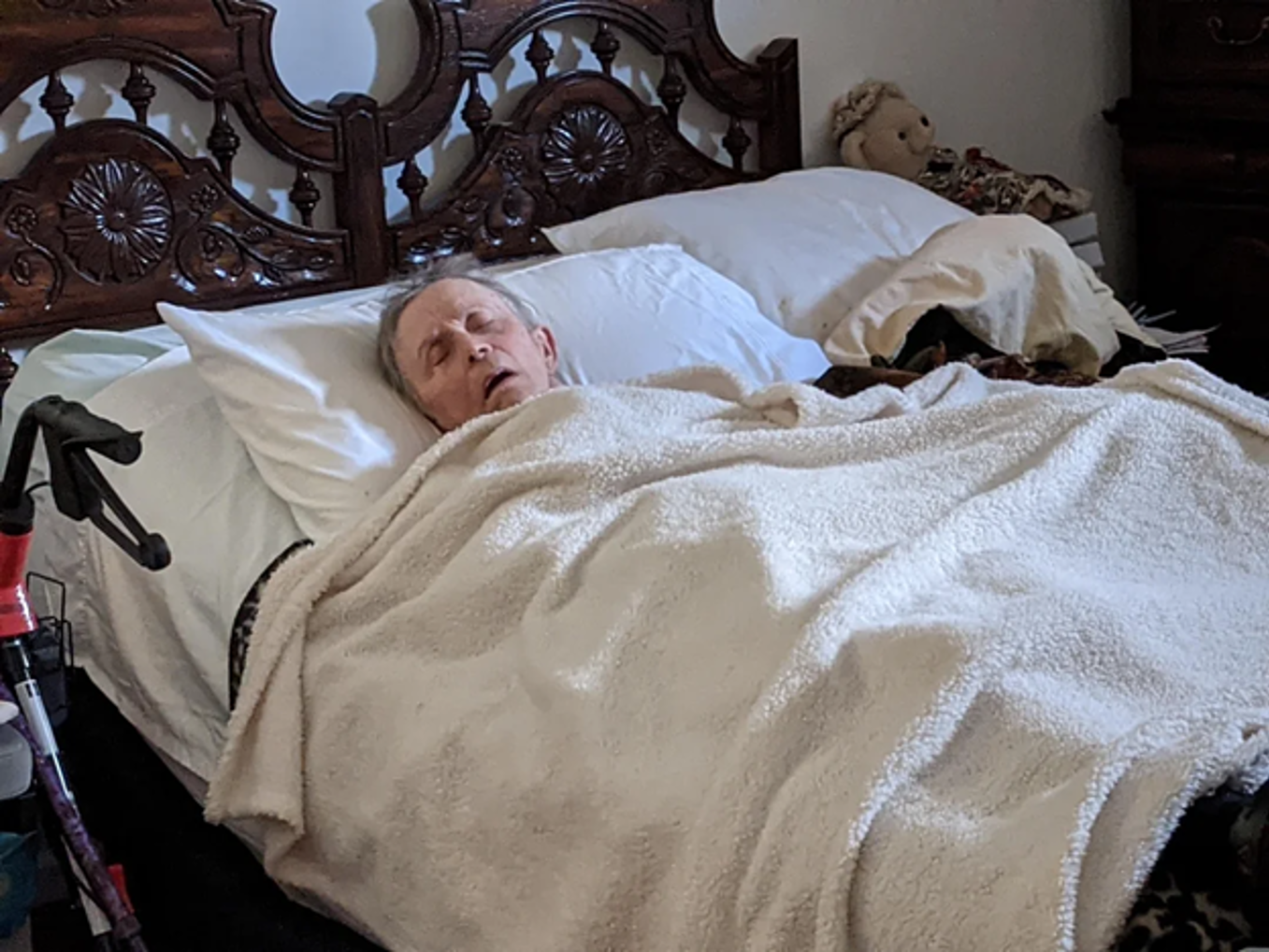For a good night's sleep, it is of paramount importance to get outside every day
08/08/2024

Mobility does become an increasing issue as people age, but no matter how difficult it is to get outside, if a person wants a good night's sleep they need to.
It is common for older adults to experience changes in the quality and duration of their sleep. Many of these changes occur due to changes in the body’s internal clock.
This internal clock is made of around 20,000 cells that form the suprachiasmatic nucleus (SCN). The SCN controls 24-hour daily cycles, called circadian rhythms. These circadian rhythms influence when people get hungry, when the body releases certain hormones, and when a person feels sleepy or alert.
As people get older, the SCN deteriorates and can disrupt circadian rhythms, directly influencing when people feel tired and alert.
The SCN receives information from the eyes, and light is one of the most powerful cues for maintaining circadian rhythms. The more daylight a person receives, the more likely they will receive a decent sleep.
Changes in production of hormones, such as melatonin and cortisol, may also play a role in disrupted sleep in older adults. As people age, the body secretes less melatonin, which is normally produced in response to darkness and helps promote sleep by coordinating circadian rhythms.
Health Conditions and Sleep
Conditions known to affect sleep in older people include depression, anxiety, heart disease, diabetes, and conditions that cause discomfort and pain, such as arthritis.
The relationship between physical health and sleep is complicated by the fact that many older adults are diagnosed with more than one health condition. Those with multiple health conditions are more likely to report getting less than six hours of sleep and having poor sleep quality.
Sleep issues may also be related to the side effects of medications. Almost 40% of adults over the age of 65 take five or more medications. Many over-the-counter and prescription drugs can contribute to sleep issues. The interactions of multiple medications may also cause unanticipated effects on sleep.
Lifestyle and Sleep
Poor sleep quality in older adults can be related to the lifestyle changes that often come with aging. For example, retirement may lead to a less structured sleep-wake schedule. Other significant life changes, such as loss of independence and social isolation, can increase stress and anxiety, which also contribute to sleep issues.
Daytime napping – good or bad
Research estimates that about 25% of older adults take naps, compared with around 8% of younger adults. Some experts suggest that a short daytime nap may be beneficial, many agree that extended napping and napping later in the day can make it harder to fall asleep at bedtime and does create night time sleep disruptions.















